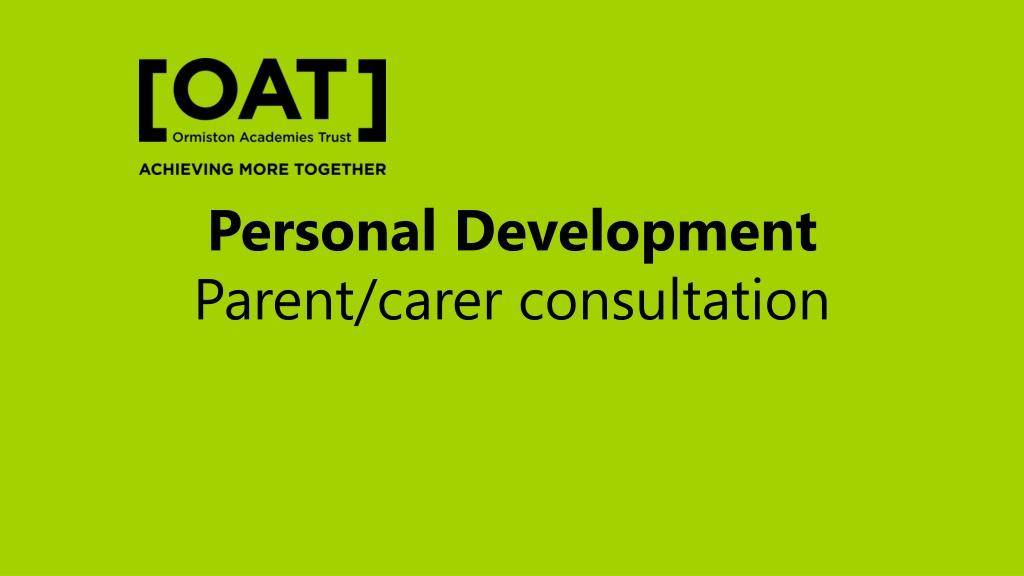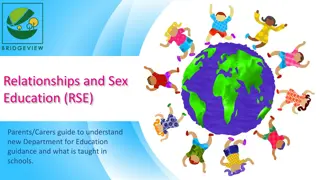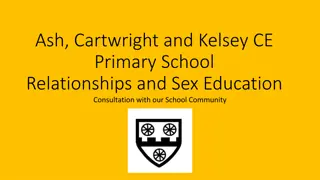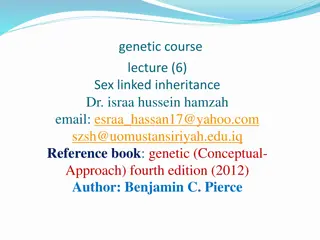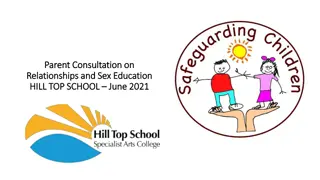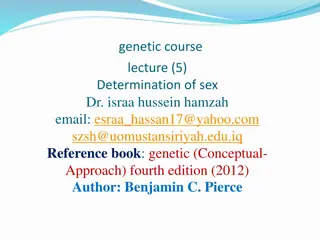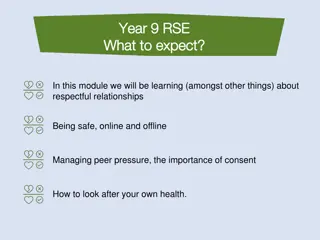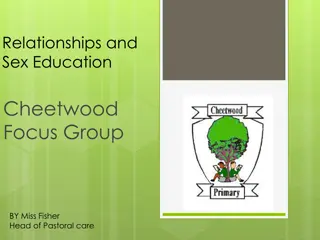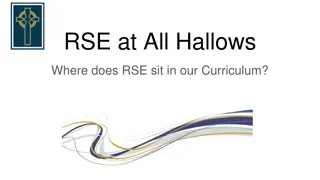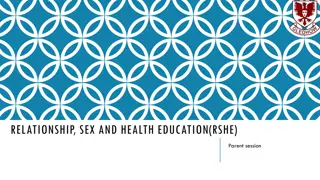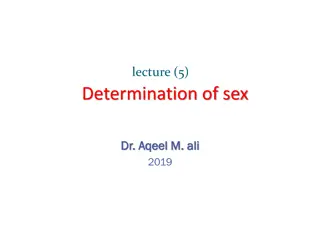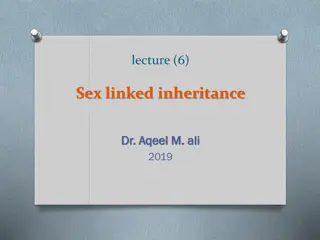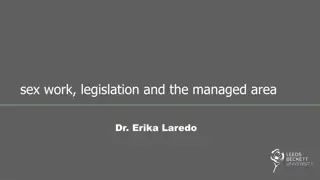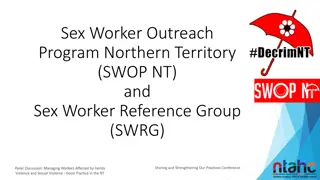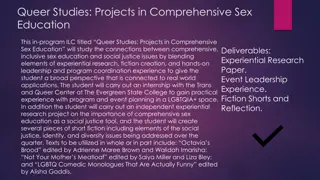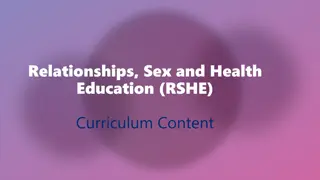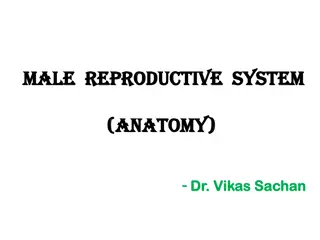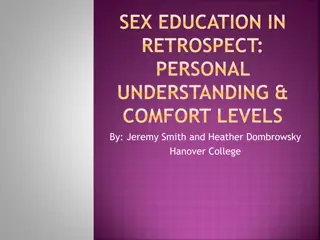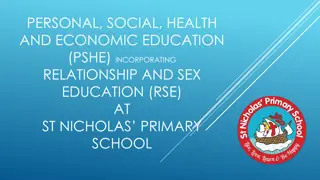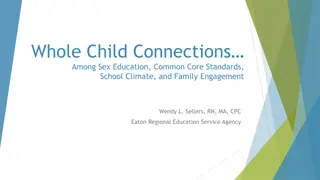Comprehensive Overview of Relationship and Sex Education (RSE) Program
Relationship and Sex Education (RSE) is a vital component of personal development, aiming to provide accurate information about relationships, sexuality, and sexual health to students. The program focuses on developing essential skills for cultivating positive, respectful relationships and ensuring the safety of students both online and offline. With a goal to promote healthy behaviors and well-being, RSE is delivered through a structured curriculum across different key stages, supported by professionals and accessible to the pastoral team for effective implementation.
Download Presentation

Please find below an Image/Link to download the presentation.
The content on the website is provided AS IS for your information and personal use only. It may not be sold, licensed, or shared on other websites without obtaining consent from the author. Download presentation by click this link. If you encounter any issues during the download, it is possible that the publisher has removed the file from their server.
E N D
Presentation Transcript
Personal Development Parent/carer consultation
House keeping Please help yourself to the refreshments Ensure your mobile phone is on silent We are not expecting the fire alarm do go off, in the event that it does sound we will direct you to the nearest exit Please ask any questions or queries at the end
What is RSE? RSE stands for relationships and sex education Learning about the emotional, social and physical aspects of growing up Relationships Sex Human sexuality Sexual Health
Why do students need to cover RSE? RSE provides accurate information about the body, reproduction, sex and sexual health It gives children and young people essential skills for building positive, enjoyable, respectful and non- exploitive relationships and staying safe both on and offline
Our Aims To deliver RSE in the context of a healthy school To promote the health and wellbeing of students and of the whole school community To have a positive influence on the ethos, learning and relationships throughout the school To help students to develop the knowledge, understanding, skills and attitudes they need to live confident, healthy, independent lives now and in the future
The aim of RSE is NOT to: Encourage young people to become sexually active at a young age Promote a particular sexual orientation or gender identity Sexualise young people
Why is RSE important? High quality RSE helps create a safe school community in which our students can grow, learn and develop positive, healthy behaviour for life
How are we going to do this? RSE is delivered as part of our comprehensive Personal Development curriculum KS3 students (Years 7, 8 and 9) one lesson per week, KS4 (Years 10 and 11) one lesson a fortnight It is developed by a team of PSHE professionals from the OAT trust Additional content is delivered in tutor time and in assemblies Staff training Pastoral team have access to the lessons in advance It is a reactive curriculum
How are we going to do this? Being proactive within our local contextsexamining the safeguarding and PHE trends Regular parent and student surveys to assess content relavance
Long Term Plan Year 9 Media literacy Diversity and equality My finances and the future Digital safety Consent, conception & contraception Managing my health Year 11 My next steps Resilience and readiness My financial future Digital safety Study Skills & Active Revision Year 7 My New School Settling In My Friends Friendship & Bullying My World - Diversity and equality My Life Healthy Living & Relaxation My Life Keeping myself safe My World British Society & Democracy Year 8 Self Esteem & Identity Healthy Relationships Crime and criminality Drugs, Alcohol & Healthy living Diversity & Equality Money Skills Year 10 Managing my health Relationships & Sex Education Diversity and equality PSHE 2023-24 overview.xlsx (sharepoint.com)
The role of parents and carers The role of parents in the development of their children s understanding about relationships is vital Parents are the first teachers of their children They have the most significant influence in enabling their children to grow and mature to form healthy, safe relatiosnhips
The role of parents and carers The school will: Work closely with parents and carers when planning and delivering RSE Ensure that parents know what is being taught and when, and clearly communicate the fact that parents have the right to request that their child be withdrawn, up to the child s 16th birthday from some or all of the sex education delivered as part of the statutory RSE Brownhills Ormiston Academy - Policies (brownhillsoa.co.uk) Give parents the opportunity to ask questions about the schools approach and help increase confidence in the curriculm Encourage parents to create an open home environment where pupils can engage, discuss and continue to learn about matters that have been raised through RSE.
Supporting all students Responding to students diverse learning needs: Considerations will be made for: Religious and cultural diversity Differing gender needs and abilities including SEND Diverse sexuality of students Homophobic/transphobic bullying and behaviour Students age and physical and emotional maturity Students who are new to English
Supporting all students Ethnicity, religion and cultural diversity: RSE will value the different backgrounds of all the students in school and in acknowledging and exploring different views and beliefs seeks to promote respect and understanding We encourage respect for all religions and cultures. We do not ask students to represent the views of a particular religious or cultural group to their peers unless they choose to do so.
Why RSE and PD? Is truly inclusive accessible to all irrespective of need / ability Builds Confidence and Competence Academic Skill Supports cognition and building of schema Builds Character Soft Skills needed for life Natural end-point of learning Cements the Learning Community Students will be taught the consistent message and not hear it second hand from their peers
